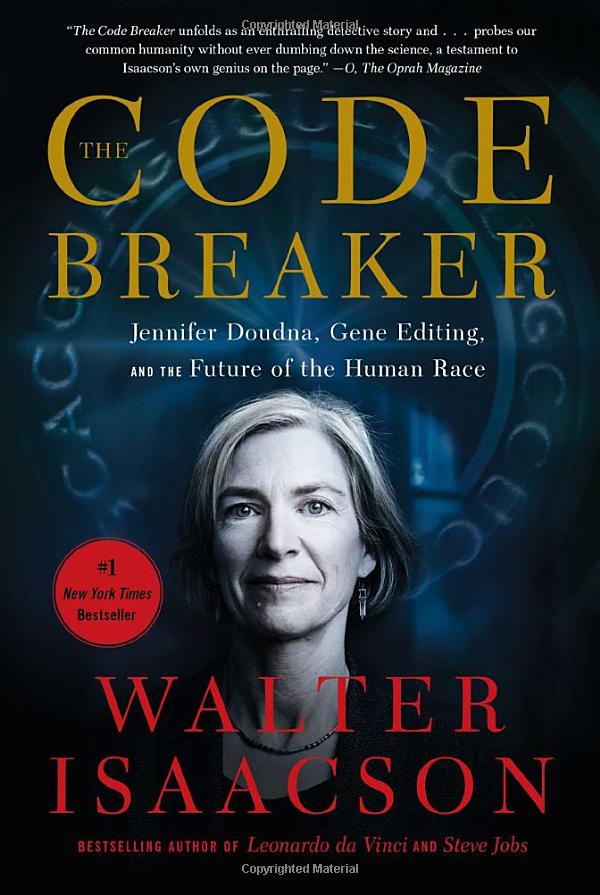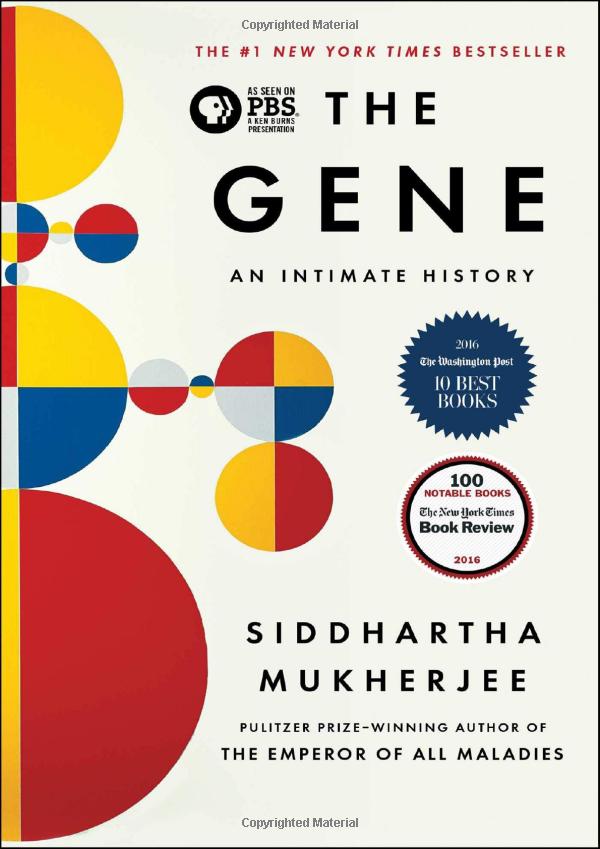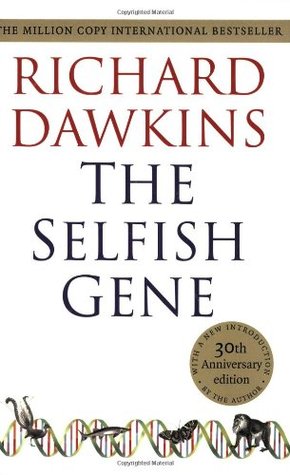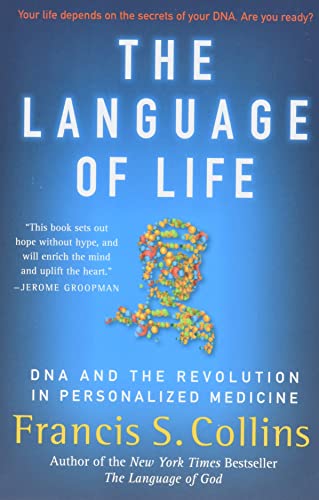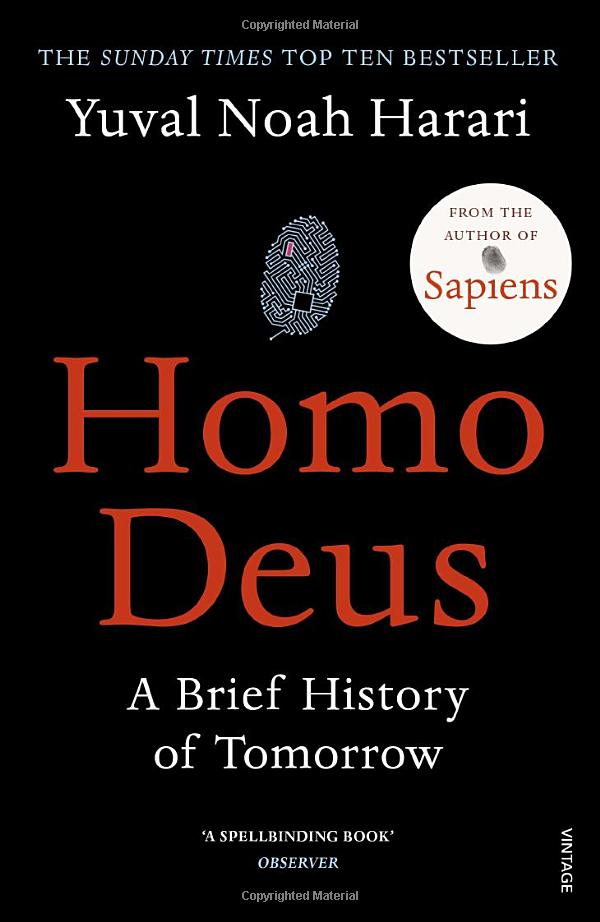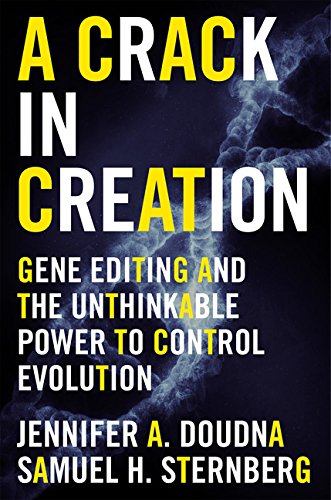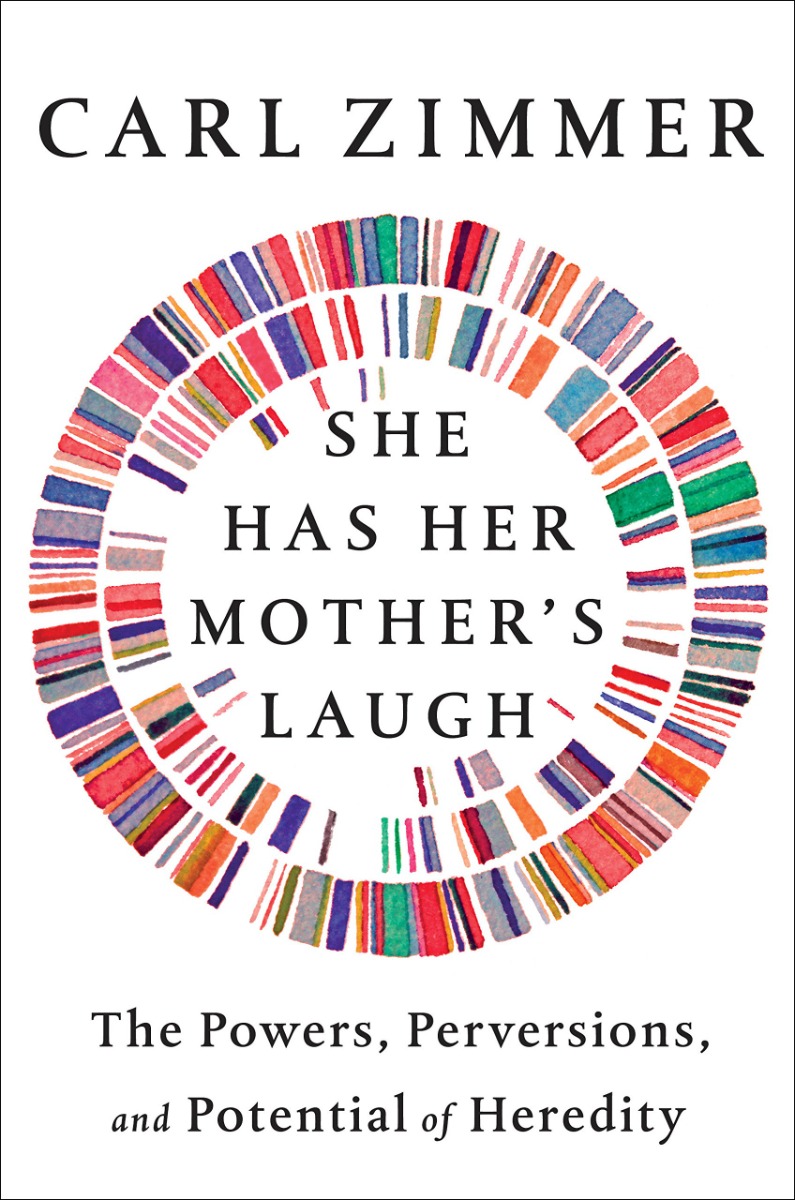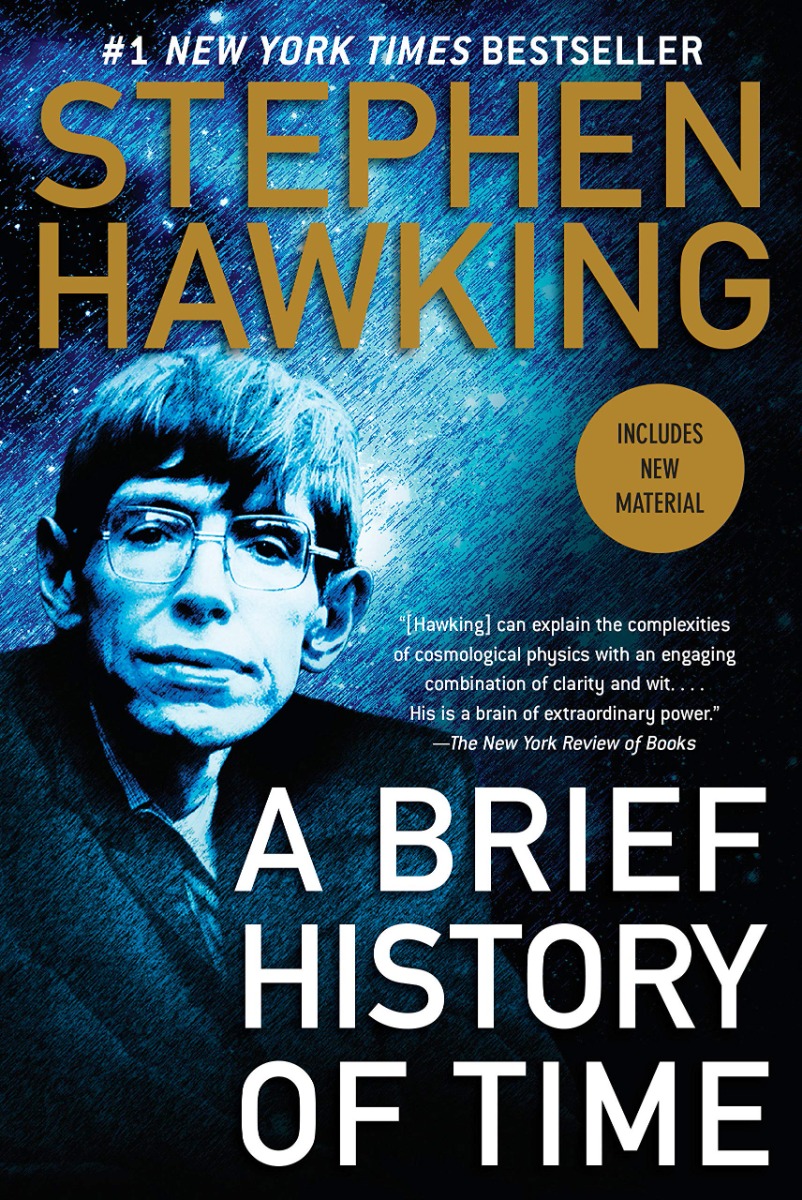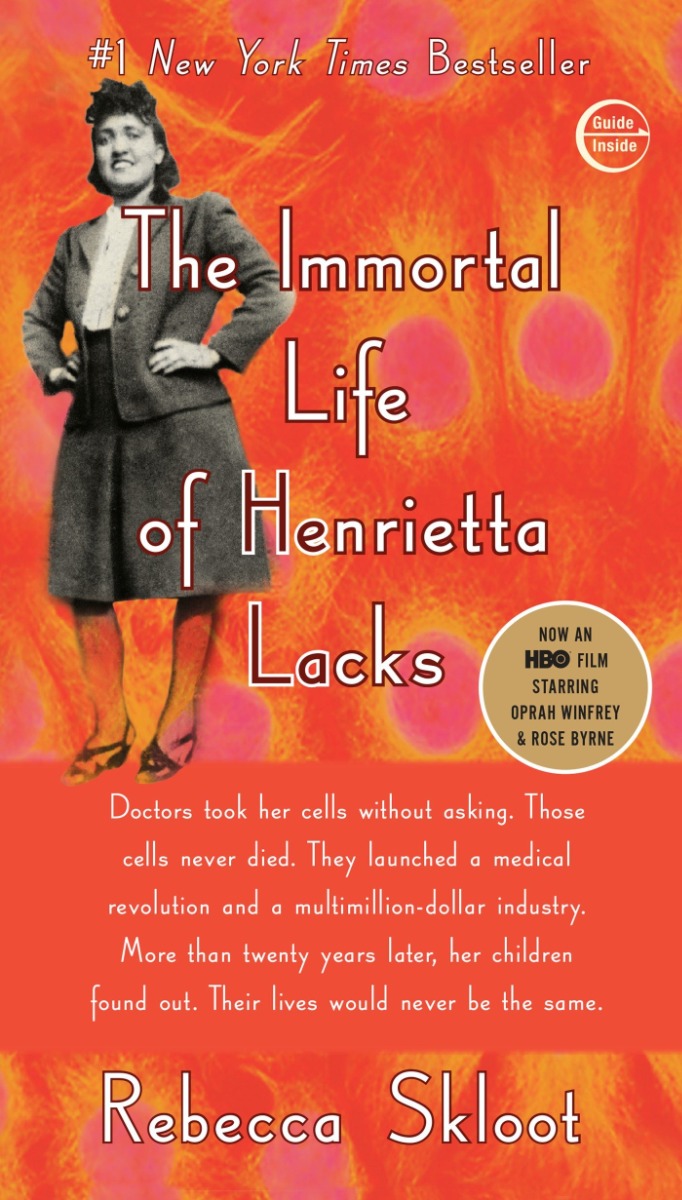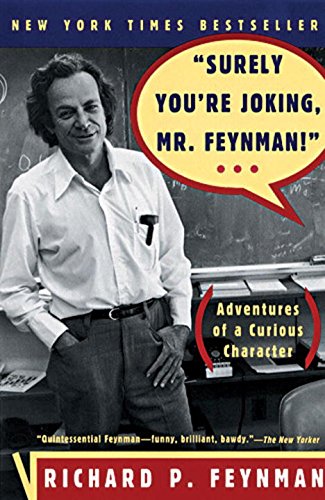These are a few of my favorite reads in Science - 10 recommendations
Nov 10, 2022
2084 Views
It is World Science day and I thought I can hopefully give you a list of books that may intrigue your mind. Many of you have gotten used to only watching videos or googling when required. Sadly you may not always get genuine information as a lot depends on the source of that information. Books however have a way of tickling and expanding our mind by expanding our curiosity index. They help us think better and offer many different perspectives.
So here is a list of 10 recommended science books. While there is a slight bias towards genomics, I have added a couple from physics as well. At some point, I can add a longer list here for those who may be interested in it. I have only taken some part of the book that has struck a cord with me and I continue to remember after many years. They are in no particular order since good books can be read in any order.
The Code Breaker - Walter Isaacson, 2021
This is a book about two amazing women Dr Jennifer Doudna and Emmanuelle Charpentier, Nobel Laurettes 2020. The book goes into some details of CRISPR and in classic Isaacson style describes in amazing detail quite simply and even tried gene editing on his own with some help from Doudna’s associates. I loved the part where some books like “The double helix” by James Watson inspired her to become a scientist. The part about Dr Charpentier that hit home were “At the end of the day,” she tells him, “the discoveries are what endure. We are just passing on this planet for a short time. We do our job, and then we leave and others pick up the work.” since I often use a version of this to tell people about the impact of what we do at Mapmygenome
The Gene - Dr. Siddhartha Mukherjee, 2016
I read pretty much everything Dr. Siddhartha Mukherjee writes as his language is rather poetic. The Gene is a deep dive into the history of the gene, stories about eugenics and patients and scientists, and much more. But what was fascinating was that he provokes those of us who think genes are our destiny. As we often tell our customers, genes are only the constants in the equation of life. The variables are in your control. A fabulous read and you may take a few days to read but it will be totally worth it.
The Selfish Gene - Richard Dawkins, 1976
You may think that this book must have been written in the last 20 years or so, but it wasn‘t. This is a masterpiece written in 1976 that is written in a lay language but also provokes scientists to think more deeply about the subject. I loved reading and re reading this book after 10 years and continue to be fascinated by it. One of my favorite quotes from the book is
“from the point of view of the selfish genes themselves, there is no paradox. The true ‘purpose‘ of DNA is to survive, no more and no less. The simplest way to explain the surplus DNA is to suppose that it is a parasite.” -Richard Dawkins
The Language of Life, DNA and the Revolution in Personalized Medicine- Francis S Collins, 2011
This may be the first book you read on genomics if you don‘t know much as it is written in a very simple manner. I have often given this book as a gift as it can be read by anyone. There are some interesting stories about how genetic testing has helped families and how soon this may be commonplace and routine.
Homo Deus: A Brief History of Tomorrow- Yuval Noah Harari, 2016
I have read all of Yuval Noah Harari’s books but this one remains my favorite as it looks at the history of tomorrow. It is one of the most thought-provoking books I have read recently. So it may just be good to add a couple of quotes and let you do the reading.
“The greatest scientific discovery was the discovery of ignorance. Once humans realized how little they knew about the world, they suddenly had a very good reason to seek new knowledge, which opened up the scientific road to progress.”- Yuval Noah Harari, Homo Deus: A Brief History of Tomorrow
“Every day millions of people decide to grant their smartphone a bit more control over their lives or try a new and more effective antidepressant drug. In pursuit of health, happiness, and power, humans will gradually change first one of their features and then another, and another, until they will no longer be human.”- Yuval Noah Harari, Homo Deus: A Brief History of Tomorrow
“Soon, books will read you while you are reading them.”-Yuval Noah Harari, Homo Deus: A History of Tomorrow
A crack in creation- Prof Jennifer Doudna: Gene editing and the unthinkable power to control evolution, Dr. Samuel Sternberg, 2017
CRISPR, the well-known technology now that allows you to edit genomes was discovered by Dr. Jennifer Doudna. The book talks about the personal journey of Prof Doudna. I really love that her name has “DNA” in it. They talk about the ethical debates in using a powerful technology that could have lasting changes in the history of mankind. I also like the references made to genomic changes in our food that we continue to eat without blinking. My favorite quote from this book is “Just because we are not ready for scientific progress does not mean it won’t happen.”- Jennifer A. Doudna, A Crack In Creation: Gene Editing and the Unthinkable Power to Control Evolution.
She has her mothers laugh - Carl Zimmer, 2018
This book has a lot of interesting stories and reads like a novel in most parts. Carl also talks about genetic testing and more. If you are curious about Charlie Chaplin, Russian Czars and so many more interesting stories that will continue to amaze you. As we have been saying at Mapmygenome, you are not just the outcome of your genetics, but environment and lifestyle have a huge role to play. It also encourages you to think about how life started and evolved.
A brief history of time - Stephen Hawking, 1988
This is an absolute masterpiece and all complex science is explained with pretty much no equations whatsoever. His ability to go from microscopic to macroscopic objects and look at multiple theories and unify them. The understanding of the universe, our place in it, and the pursuit of knowledge are what keep us going. One of the key things he mentions is the role of science that earlier involved philosophers have now become full of maths and complicated science for specialists but there are always the underlying questions that we want to see unify all of these theories. The other thing that I remember had always got me awestruck was the thought about “time” and why it is likely it only moves forward because entropy increases, we don‘t remember the future, and since we depend on entropy for our energy, we may never see time move backward.
“Only time(whatever that may be) will tell.”- Stephen Hawking, A Brief History of Time
“The increase of disorder or entropy is what distinguishes the past from the future, giving a direction to time.”- Stephen Hawking, A Brief History of Time.
Immortal life of henrietta lacks - Rebecca Skloot, 2019
Most scientists in the genomics field are familiar with HeLa cells. These were derived from an African American woman called Henrietta Lacks and have been used in thousands of experiments around the world. What was not clear was that this stemmed from a lack of consent and the family knew much later that these cells were being used in labs. Rebecca Skoot, the author shows us the portrait of the woman who made so much of modern biology possible.
For those of you who cannot read books, atleast see the movie. It sure will get you thinking .
Surely you are joking Mr. Feynman: Richard Feynman, 1985
An old-time favorite of mine since high school, I enjoyed reading Richard Feynman‘s books and even wrote a poem on them called “Adventures of a curious character”. He was quite the character and this book is one of my favorites from his set of books. Dr. Feyman was an interesting person as much as he was an amazing scientist and possibly the two characteristics of his “curiosity” and “integrity” and this book goes into many amusing events in his life. A fabulous read for anyone, especially those who think Physics folks are nerdy. Well, Dr. Feyman proves otherwise.
My favorite quotes from this book
“Of course, you only live one life, and you make all your mistakes, and learn what not to do, and that‘s the end of you.” -Richard Feynman, Surely You‘re Joking, Mr. Feynman!: Adventures of a Curious Character
“The first principle is that you must not fool yourself—and you are the easiest person to fool. So you have to be very careful about that. After you’ve not fooled yourself, it’s easy not to fool other scientists. You just have to be honest in a conventional way after that.”- Richard P. Feynman, Surely You‘re Joking, Mr. Feynman! Adventures of a Curious Character.
Here is the poem I wrote based on his books that describe my inspiration to become an entrepreneur.
Adventures of a curious character
Surely I was joking,
Instead of Feynman Lectures,
And assembling the six easy pieces,
That
Would give me,
The pleasure of finding things out
I wanted to be an entrepreneur
And take the not so easy six pieces
And imagine the ripple effect,
But
I said to myself
What do you care what other people think?
Don’t you have time to think?
Meaning of it all:
Life
My perfectly reasonable deviations
Are best described as
An Adventure of a curious character
